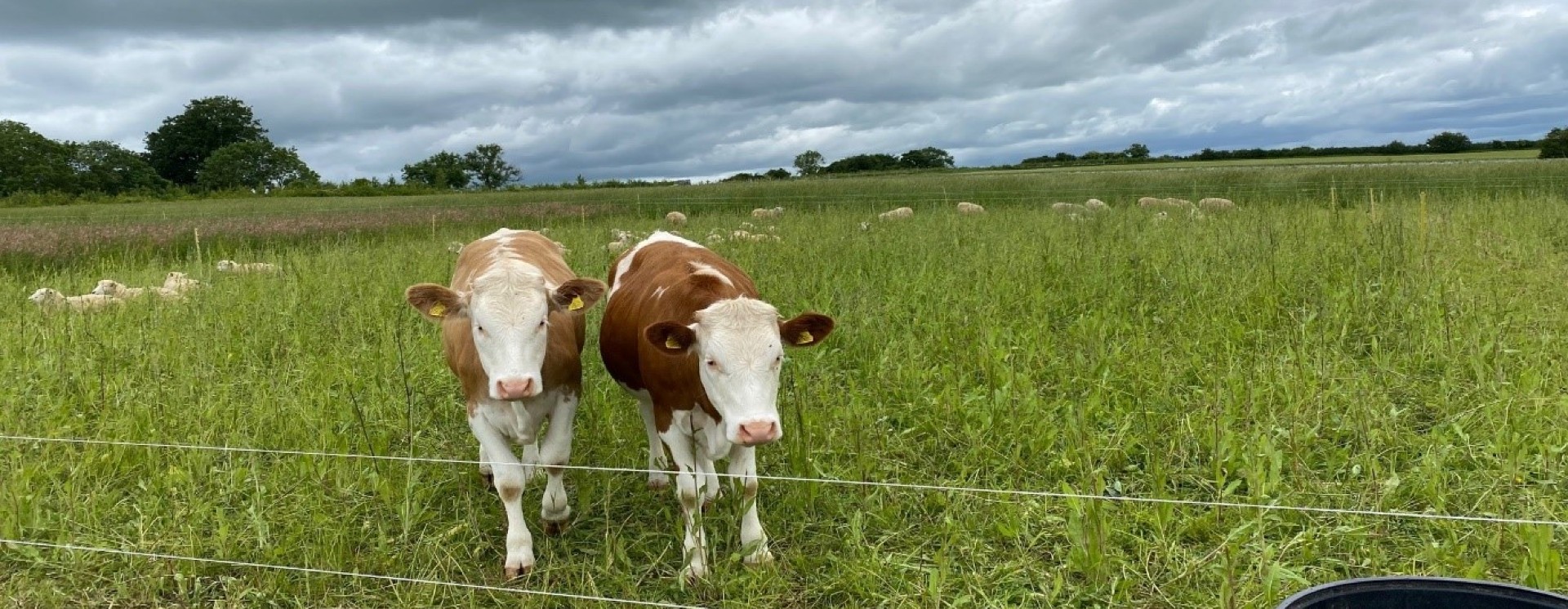
The Nutrient Management Expert Group (NMEG), chaired by the University of Gloucestershire, was commissioned by DEFRA to find ways to mitigate the impact of farming and soil fertilisation practices on air and water quality, soil health and public health and the environment.
In a new report, the group makes recommendations about how to minimise pollution arising from the manufacture, storage, distribution and application of nutrients and fertilizers in agricultural landscapes. The group recommended a plan, designed in partnership with key sector stakeholders that combines more effective regulation with detailed monitoring and more comprehensive and co-ordinated advisory services. These would support nutrient budgeting, fertilizer application and planning at farm level, and encourage investment in efficient nutrient recycling across the system
Professor Sami Ullah at the University of Birmingham worked as a member of the group. Professor Ullah, who is Director of the Birmingham Institute of Forest Research (BIFoR), said: “Excessive use and application of synthetic fertilizers has already breached the safe planetary boundaries of the planet earth resulting in soil health deterioration and degradation of air and water quality in intensive agricultural regions like the UK with negative impacts on human health, natural ecosystems and biodiversity”
“Only a reduction in fertilizer input, recycling of wastes as bio-derived fertilizers and precision agricultural practices implemented at farm scale with the socio-economic viability and acceptability by landowners and stakeholders can help us tackle the environmental nutrient enrichment and pollution emergencies in compliance of the net zero ambitions of the government”
Only a reduction in fertilizer input, recycling of wastes as bio-derived fertilizers and precision agricultural practices implemented at farm scale with the socio-economic viability and acceptability by landowners and stakeholders can help us tackle the environmental nutrient enrichment and pollution emergencies in compliance with the net zero ambitions of the government.
Professor Sami Ullah, Birmingham Institute of Forest Research
Improving nutrient management offers major opportunities for recovering and enhancing soil health, improving water and air quality, protecting and enhancing biodiversity in mixed land use catchment, and managing resources sustainably in line with the net zero ambitions of the government.
Since the NMEG was commissioned in 2020, the international energy crisis in 2021 has tripled the prices of the dwindling supplies of fertiliser, highlighting the urgency of taking action on economic as well as environmental grounds for promoting the use of alternative and sustainable fertilizer types such as bio-derived fertilizers from organic wastes recycling.
Comprising agricultural policy experts, agronomists, scientists and economists, the NMEG was tasked with exploring the more efficient use of organic and inorganic nutrients for minimizing ammonia and greenhouse gas emissions into air and reducing water and soil pollution, and protecting and restoring sensitive natural and semi-natural ecosystems (e.g. forests, peatlands, rough grasslands), while also considering the need for food production and the nutrient requirements of society.
Additional recommendations within the report include the development of a strategy to encourage more effective nutrient management; increased public and private investment in innovation in the food system and sustainable land management; nutrient budgeting to be established as a basic standard for all farmers and land managers; recycling of nutrients from waste products within farming and the wider food and supply chain to be promoted to support a greener and circular approach to food production as per the vision of the DEFRA’s Environmental Land Management Policy.
Professor Janet Dwyer OBE, Professor of Rural Policy and a former Director of the Countryside and Community Research Institute, chaired the group. She said: “Nutrient management is a significant concern and demands a co-ordinated, long-term and strategic approach that is adaptable and monitored effectively.
“The significant challenge of meeting current and proposed future environmental targets will require wider change across the agri-food sector, and more radical shifts in practices of food production, supply and consumption.
“New policy approaches must be balanced with wider land use strategies, ensuring food, water and energy security are also considered so that shifts are sustainable for the long term.”
Professor Dwyer was awarded an OBE in the Queen’s Birthday Honours List 2022 for her services to rural research over more than three decades.
The NMEG membership comprised chair Professor Janet Dwyer OBE, Professor Dave Chadwick (Bangor University), Professor Jess Davies (University of Lancaster), Dr Vera Eory (Scotland’s Rural College), Professor Alex Inman (University of Exeter), Professor Penny Johnes (University of Bristol), James Price (Perdiswell Farm), Professor Mark Sutton (UK Centre for Ecology and Hydrology), Dr Rachel Thorman (ADAS), Professor Sami Ullah (University of Birmingham), Professor Andy Whitmore (Rothamsted Research) and John Williams (ADAS).
